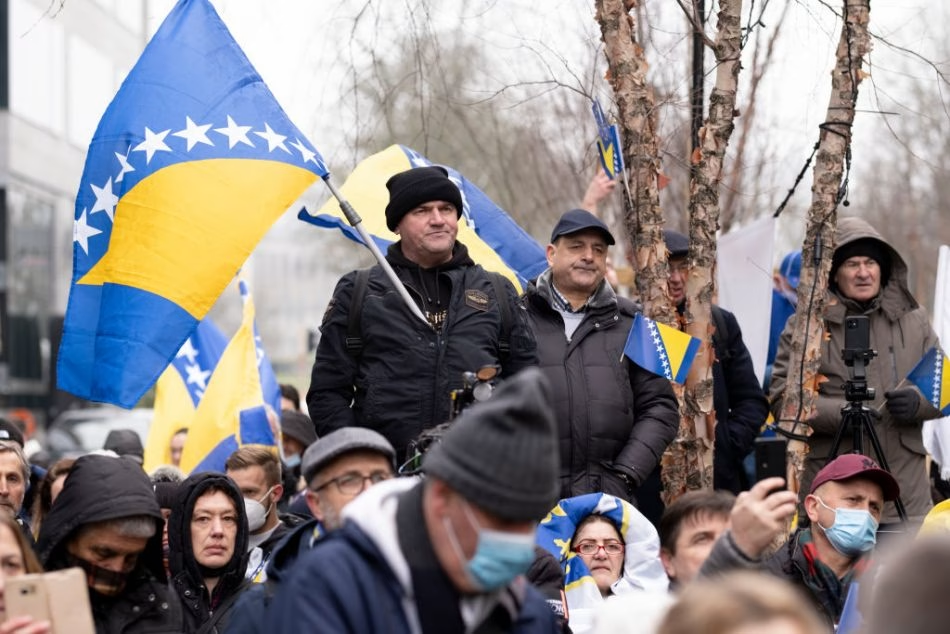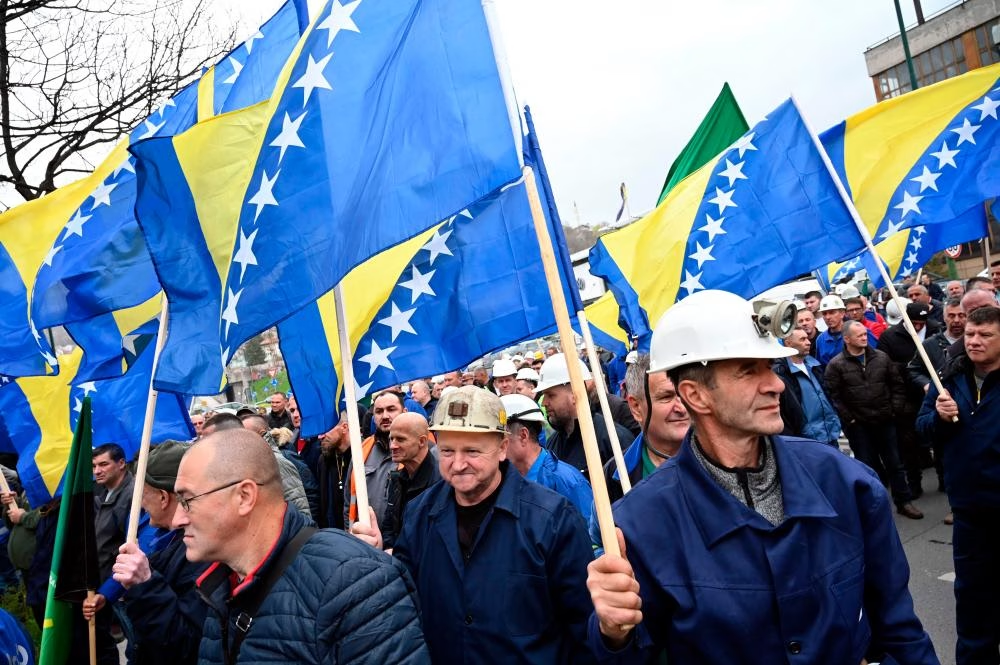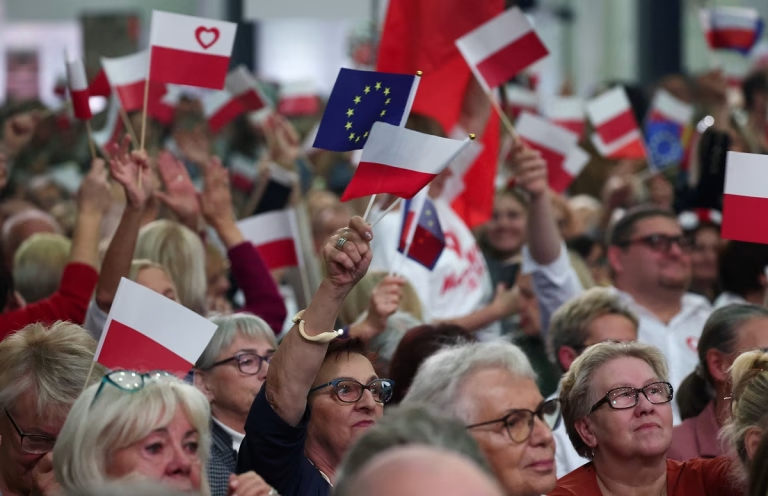
Political Crisis in Bosnia and Herzegovina: The Struggle for the Sovereignty of Republika Srpska
In recent months, Bosnia and Herzegovina (BiH) has once again found itself at the center of intense political confrontation. The crisis was triggered by the decision of the Central Election Commission (CEC) of BiH to revoke the mandate of Republika Srpska (RS) President Milorad Dodik. This move provoked a sharp reaction from the authorities of RS and Serbia, who accused Sarajevo and international structures of violating the Dayton Accords and exerting political pressure on the Serbian entity.
Amid escalating tensions, Dodik and his supporters argue that the constitutional rights of RS must be defended, while Western institutions and the federal authorities of BiH insist on compliance with court rulings. This conflict extends beyond BiH’s domestic politics, affecting the interests of international players, including the U.S., the EU, and Russia.
The CEC of BiH announced the initiation of proceedings to strip Dodik of his mandate based on a ruling by the BiH court, which found him guilty of defying the decisions of the international envoy in the country. In response, the RS authorities declared the CEC’s decision legally void, arguing that it contradicts the BiH constitution and the Dayton Accords. Sarajevo and the CEC maintain their position: Dodik violated the rulings of the UN High Representative by disregarding federal laws, and the CEC is acting within its authority by enforcing the court’s decision. In their view, Dodik’s removal is a step toward strengthening the rule of law in BiH.
Republika Srpska sees things differently. The decision is deemed politically motivated and aimed at weakening RS’s autonomy. The CEC and federal structures of BiH are allegedly under the influence of the U.S. and NGOs linked to George Soros—an argument frequently emphasized in Serbian media. The Dayton Agreement guarantees RS’s sovereignty, and any interference in its internal affairs is considered unlawful.

Milorad Dodik has repeatedly accused the West of double standards and meddling in BiH’s internal affairs. In particular, he has pointed to the CEC’s ties with USAID and Soros-affiliated organizations as evidence of external control. At the same time, Dodik has actively sought support from allies—Russia and Hungary. His visit to Viktor Orbán was a symbolic gesture, demonstrating his alignment with conservative sovereigntist forces in Europe. Diplomats from Republika Srpska have also issued statements in Dodik’s defense, emphasizing that Belgrade does not recognize the CEC’s decision.
Several scenarios are possible. One is an escalation of the crisis. If the CEC ultimately annuls Dodik’s mandate, the RS authorities may refuse to recognize the decision, deepening the conflict between Sarajevo and Banja Luka. A renewed boycott of BiH’s federal institutions by Serbian politicians could follow. President Dodik and his party (SNSD) have already proposed forming a “government of national unity” to protect Serb interests. The RS authorities could also intensify integration efforts with Serbia, including potential talks on closer cooperation. Meanwhile, the West (the U.S. and the EU) may impose stricter sanctions against Dodik and his associates. Russia and Hungary, on the other hand, will likely continue their diplomatic support for RS, further deepening divisions within the EU’s Balkan policy.
The crisis over Milorad Dodik’s mandate is not merely a legal dispute but a manifestation of deep-seated tensions in Bosnian politics. Republika Srpska insists on its constitutional rights, viewing the CEC’s and BiH court’s decisions as interference in its internal affairs. Meanwhile, international structures and Sarajevo are using formal mechanisms to pressure the Serbian leadership.
The outcome of this conflict will determine not only the future of BiH but also the balance of power in the Balkans. If RS continues on its confrontational path, it could lead to a new wave of destabilization in the region. However, if no compromise is reached, BiH risks facing another crisis of legitimacy—one that could call into question its very existence as a unified state. One thing is clear: Republika Srpska is prepared to fight for its autonomy, and this conflict is far from over.


It’s fascinating how easily we fall into patterns
Awareness is key! 🤔
Really well-written article! 👏 I enjoyed the way you broke down the topic—it feels very genuine and helpful, not just theory.